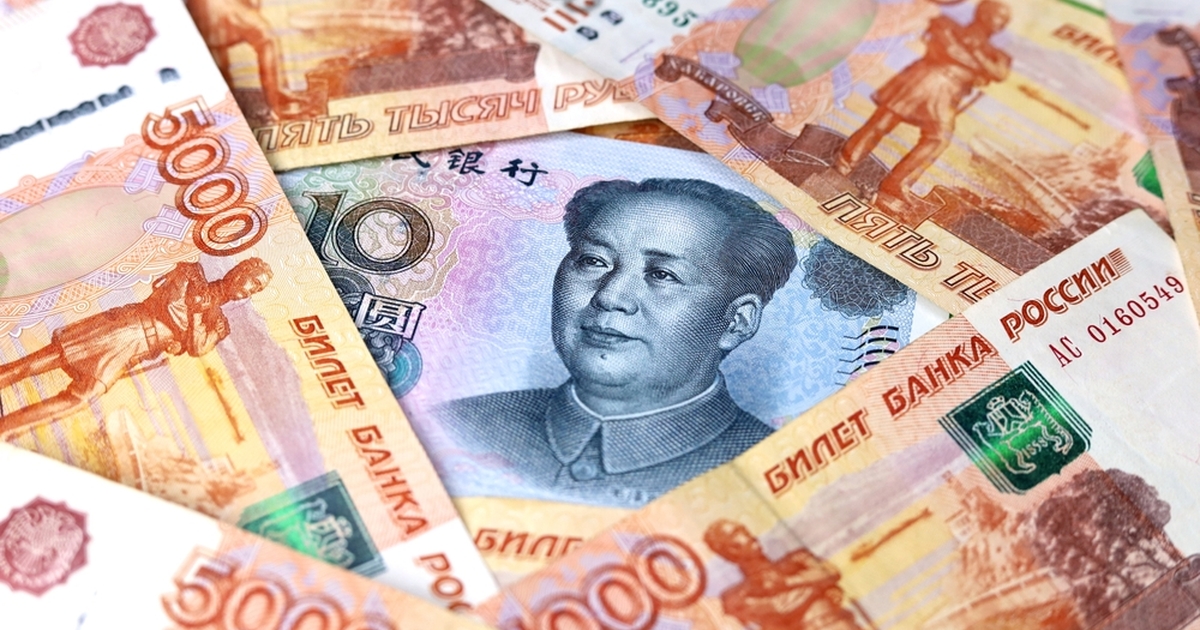
CHINESE BANKS DISCRIMINATE AGAINST 'DIRTY' YUAN TIED TO RUSSIA
Chinese banks are unofficially categorizing yuan as either "clean" or "dirty," with the latter being linked to Russia, creating additional hurdles for Russian importers. This issue, highlighted by market participants and industry associations, adds to the complexities faced by Russian businesses in their international dealings, according to Lenta.
Banks are Wary of Russia
Maxim Chereshnev, a member of the General Council of "Business Russia," cited an instance where a financial institution refused to accept yuan purchased on the Moscow Exchange, following its sanctioning by the U.S. Similarly, Alexei Poroshin, another council member, acknowledged that this problem cannot be resolved merely by purchasing currency elsewhere, as banks are wary of any association with Russia.
Andrei Gusev, managing partner at the law firm Nordic Star, noted that some Chinese banks are rejecting transactions involving yuan if there is suspicion that the currency was used in deals with Russian entities. This issue is being actively discussed in financial and legal circles.
Poroshin added that while banks cannot determine the exact origin of the yuan, they scrutinize transaction histories for Russian connections. It is possible, according to Natalia Kuznetsova, a partner at O2 Consulting, that Chinese banks may soon require proof of currency purchase from approved platforms.
Also read
Portugal's Strategic U-Turn on Ukraine Under New Prime Minister
Clean or Dirty Yuan?
Economist Andrey Barkhota explained that the distinction between "clean" and "dirty" yuan has become more pronounced following sanctions against the Moscow Exchange. Chinese businesses aim to minimize sanctions risks as trade with the U.S. and the EU is far more critical to them. Maxim Chereshnev pointed out that Chinese banks are under intense scrutiny from Western regulators, which forces them to avoid any dealings that might involve Russian organizations.
Poroshin admitted that the situation remains difficult for Russian importers, as finding "clean" yuan drives up costs. Additionally, the market has seen a surge in fraud, and intermediaries have significantly increased their fees.
Experts suggest that businesses establish offices in China or use clearing and netting systems, which involve mutual settlement of claims between counterparties in different jurisdictions. These methods are already in use and have proven effective. Another option is to use yuan streams from Africa or Latin America for Chinese imports.
Regarding the yuan shortage, it is currently being mitigated through Central Asia, where banks accept and convert the currency. However, this method is expensive and fraught with its own set of issues with financial institutions in these regions.
Also read
Ukrainian Forces Take Down Advanced Russian Drone with Simple Wooden Stick
Putin Steps In to Mediate Peace Talks Between Syria and Turkey
2024-07-26T07:43:02Z dg43tfdfdgfd